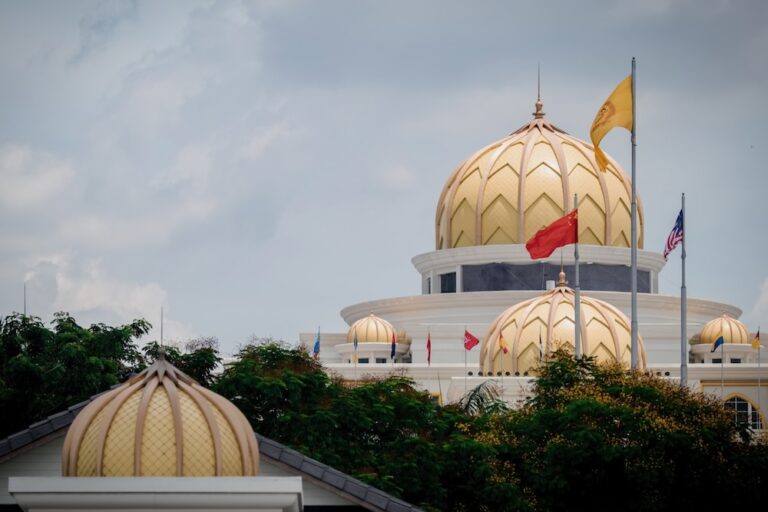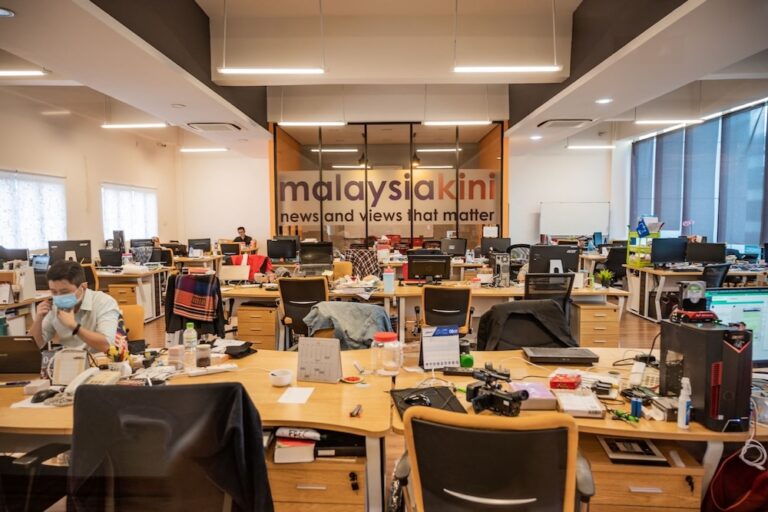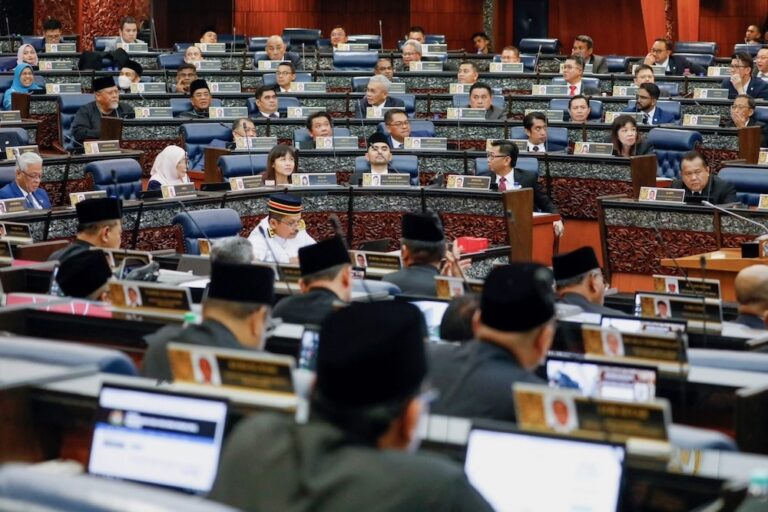**Updates IFEX alert dated 22 March 1996** On 13 June 1996, as the first stage of the trial of human rights worker Irene Fernandez came to a close, Human Rights Watch/Asia released the following comments. Fernandez was arrested and formally charged on 18 March 1996 for “false reporting” for her organization’s reports of abuses against […]
**Updates IFEX alert dated 22 March 1996**
On 13 June 1996, as the first stage of the trial of human rights
worker Irene Fernandez came to a close, Human Rights Watch/Asia
released the following comments. Fernandez was arrested and
formally charged on 18 March 1996 for “false reporting” for her
organization’s reports of abuses against migrant workers in
Malaysia’s immigration detention centres (see IFEX alert). The full
text of Human Rights Watch/Asia’s statement follows:
“As the first stage of the trial of Irene Fernandez comes to a
close, Human Rights Watch/Asia is deeply concerned about what the
trial signifies for freedom of expression in Malaysia. We believe
Ms. Fernandez should never have been charged and that her arrest
and trial may have a chilling effect on the willingness of
Malaysian citizens to come to the aid of marginalized and
disadvantaged groups in the country if to do so means challenging
government officials.
“We are particularly concerned about three aspects of the case:
“In the interests of an open society and transparency of
government procedures, public officials must expect to have their
actions scrutinized and criticized not only by other government
agencies but also by individuals and non-government organizations.
That scrutiny and criticism is all the more important when the
well-being of vulnerable groups is at stake. In the case of Irene
Fernandez and Tenaganita, any fault the Malaysian government found
with the report could have been aired publicly, on national
television, in the press, on the radio, in a way that would have
given the Malaysian public full exposure to all sides of the
issue. To bring the charge of “maliciously publishing false news”
against a prominent NGO activist is to undermine freedom of
expression, a right guaranteed by the Malaysian constitution as
well as by international law. While accuracy in reporting is
obviously a goal that all NGOs should strive for, errors may
sometimes creep in not only into NGO reports but also into
government reports as well. But what government bureaucrat has
been slapped with a criminal charge of `false reporting?’
“Section 8A of the Printing Presses and Publications Act, 1984, as
amended, itself violates the internationally-recognized right to
presumption of innocence, especially the clause that reads,
`Malice shall be presumed in default of evidence showing that,
prior to publication, the accused took reasonable measures to
verify the truth of the news.’ Here, the burden of proof is on the
accused. If errors are found in Ms. Fernandez’s report — and that
remains to be seen — they will be judged malicious unless the
defendant proves that she took reasonable steps to verify the
truth.
“The amount of time Ms. Fernandez and her staff have had to spend
on preparing a defense for a case that never should have come to
court has meant that the vital services provided by Tenaganita for
abused women have been severely affected. The charges against Ms.
Fernandez must also therefore be seen as a direct assault on the
work of her organization and by extension, on [non-governmental
organizations] NGOs more generally. It is worth noting that in the
Bangkok NGO Declaration on Human Rights of March 27, 1993, more
than one hundred NGOs from throughout the Asia-Pacific region
called on governments of the region `to respect the work of human
rights activists/defenders…including non-governmental
organizations, to cease harassment, intimidation and other
malpractices against this sector and to facilitate, rather than
obstruct, the operations of these catalysts of social change.’ The
criminal charges against Ms. Fernandez have been just such an
obstruction.
“Human Rights Watch/Asia has had a trial observer, Mr. George
Edwards of the Center for Comparative and Public Law at the
University of Hong Kong Faculty of Law, present throughout the
first stage of the trial and will continue to monitor the trial
when it resumes.”
Recommended Action
Continue sending appeals to Malaysian authorities:
attempt to restrict freedom of expression and deter other NGOs
from making public criticisms about government policies and
practices
Appeals To
Dato’ Seri Dr Mahartir bin Mohamad
Prime Minister
Jalan Dato’ Onn Malaysia
50502 Kuala Lumpur, Malaysia
Fax: +603 238 3691/3784
Please copy appeals to the originator if possible.


